CHINA - After the college entrance exam ended, a Chinese parent said that he spent 700,000 yuan (NDT) in 3 years for his child to take extra classes in exchange for 645/750 points.
Sharing on Chinese social media, a parent in this country said that he spent 700,000 yuan (equivalent to 2.4 billion VND) in 3 years for his child to study extra in exchange for 645/750 points in the university entrance exam. There are many conflicting opinions surrounding the story. Many people ask, with such a large investment, is the result worth it? To answer this question, according to Sohu , many factors need to be considered.
First, from an economic perspective, 700,000 yuan is a large sum of money, even a burden for many families. Parents can use this money for many purposes such as buying a house, investing or saving for the future. Investing in extra classes for children does not bring clear "profits". High scores can get them into top universities, but success in life also depends on factors such as soft skills, practical experience and luck.
College entrance exam scores do not only depend on extra classes, but also on effort, learning methods and learning environment. Investing a lot of money in extra classes for your child if the results are not as expected will be a big risk. Even if your child gets high scores and passes to a good university, job opportunities and future career development are still unpredictable.
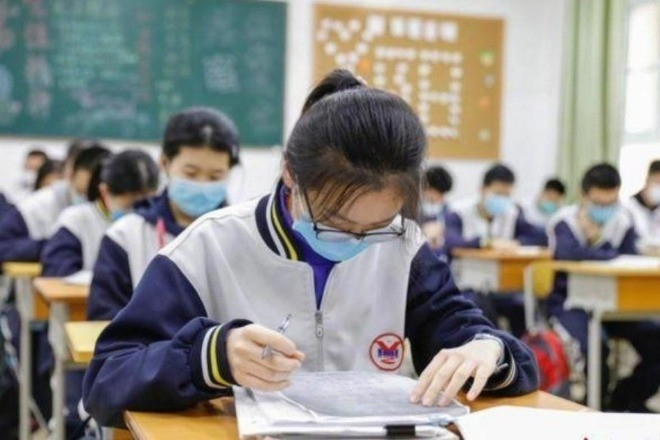
Second, from an educational perspective, facing high family expectations can put psychological pressure on students, leading to anxiety and even depression. Stress affects students' physical and mental health and academic performance. Focusing too much on extra classes to get high scores limits children's development. If students depend too much on teachers during the learning process, they will lack the ability to think independently, communicate and work in groups...
Study pressure also has a negative impact on students. Growing up in a stressful learning environment makes it easy for them to lose their love and enthusiasm for learning, and even fear going to school. Furthermore, expensive tutoring creates barriers for disadvantaged students, increasing inequality in education. Despite many controversies, it must be affirmed that tutoring has helped students fill gaps in their knowledge and achieve good results in university entrance exams.
Third, from a social perspective, the story clearly reflects the anxiety of parents towards the current education system in China. In order to help their children stand out in the competitive college entrance exam, parents are willing to invest heavily. This, inadvertently, turns learning into a pragmatic process.
The story raises questions about China's education system. On the one hand, the college entrance exam is a method for selecting talented people, in which exam scores play an important role. On the other hand, is it reasonable to evaluate students' abilities and future development potential based solely on scores? Or should the country's education system focus on cultivating students' character and creativity?
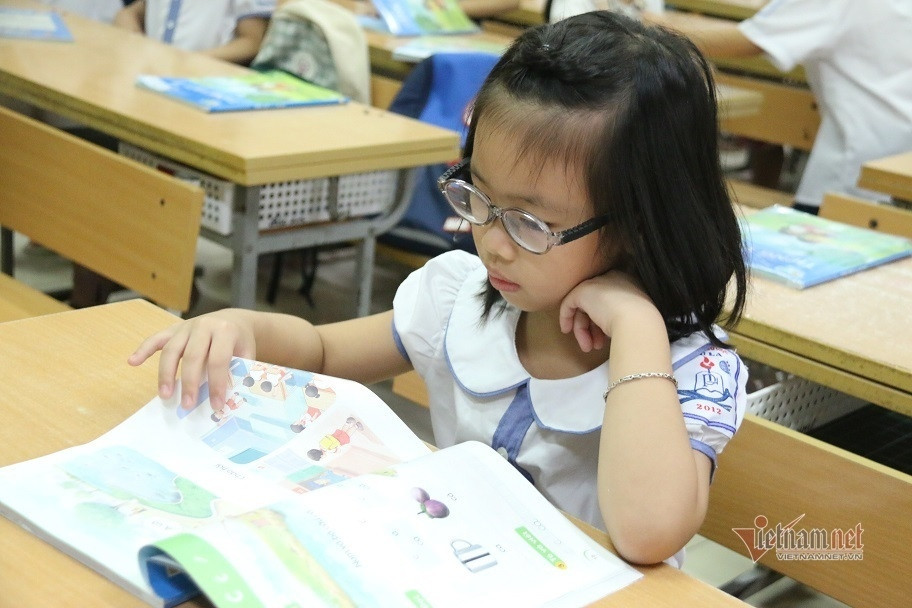
Source: https://vietnamnet.vn/bo-me-chi-2-4-ty-tien-hoc-them-de-con-do-dai-hoc-lieu-co-xung-dang-2335516.html



![[Photo] President Luong Cuong and King Philippe of Belgium visit Thang Long Imperial Citadel](https://vstatic.vietnam.vn/vietnam/resource/IMAGE/2025/4/1/cb080a6652f84a1291edc3d2ee50f631)

![[Photo] General Secretary To Lam receives King Philippe of Belgium](https://vstatic.vietnam.vn/vietnam/resource/IMAGE/2025/4/1/e5963137a0c9428dabb93bdb34b86d7c)
![[Photo] Close-up of Vietnam's sniffer dog team searching for earthquake victims in Myanmar](https://vstatic.vietnam.vn/vietnam/resource/IMAGE/2025/4/1/d4949a0510ba40af93a15359b5450df2)
![[Photo] Prime Minister Pham Minh Chinh meets with King Philippe of Belgium](https://vstatic.vietnam.vn/vietnam/resource/IMAGE/2025/4/1/be2f9ad3b17843b9b8f8dee6f2d227e7)
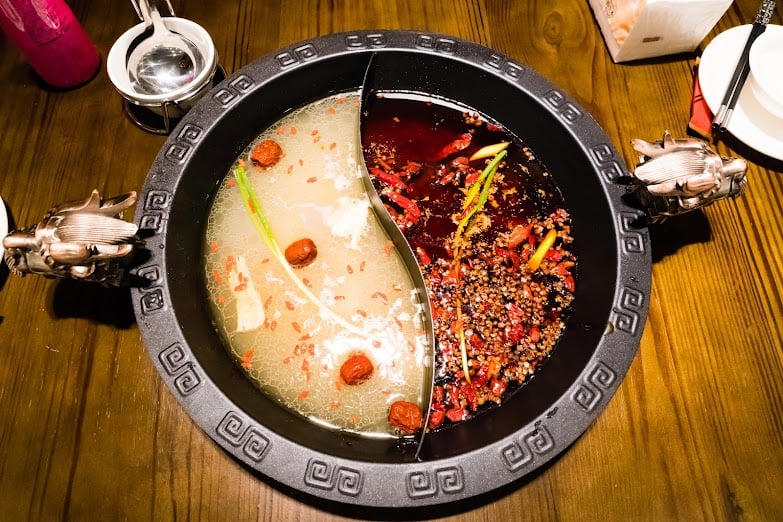










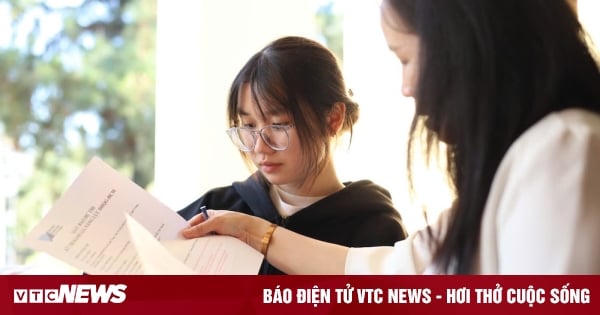








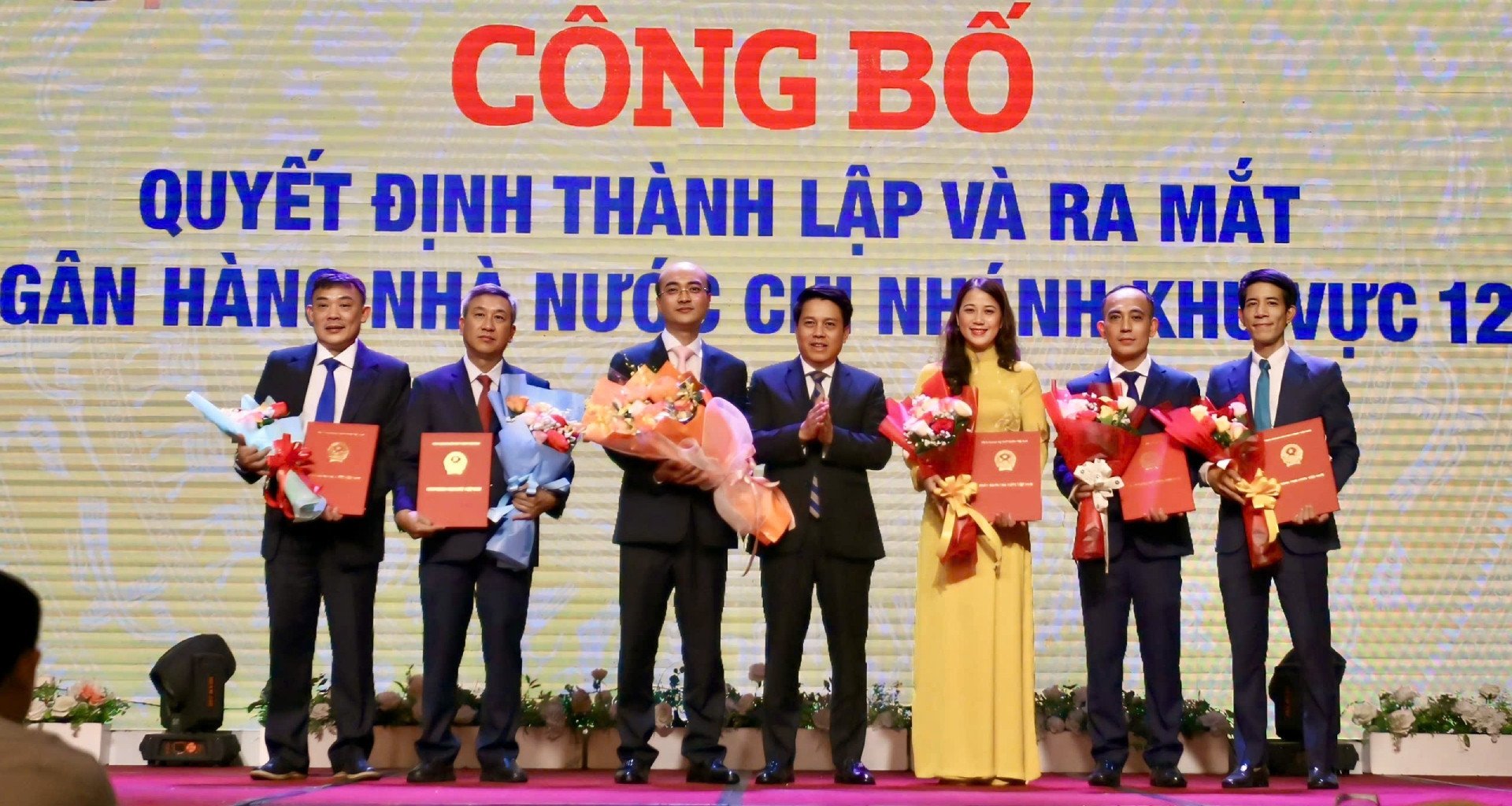
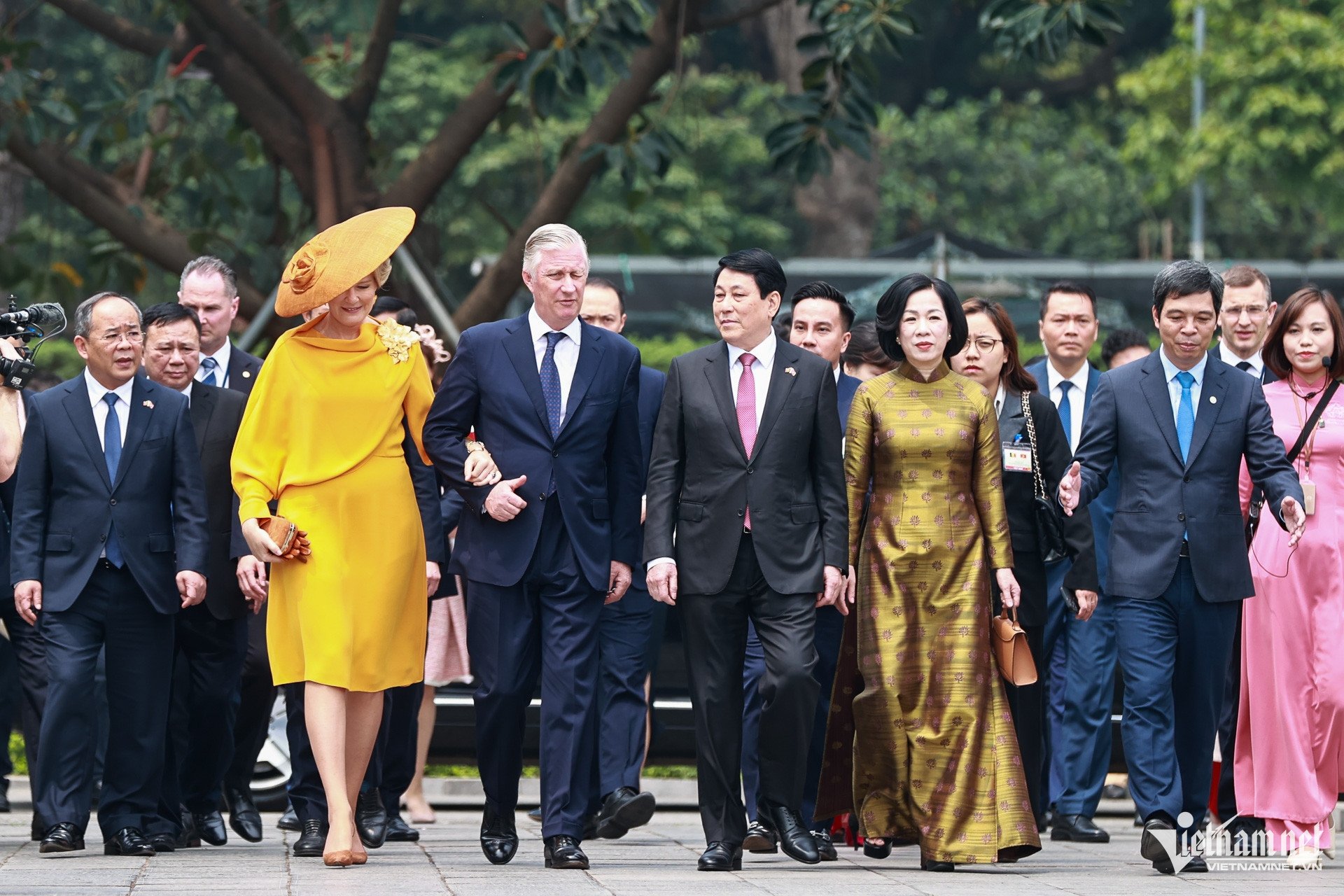



![[Photo] Myanmar's capital in disarray after the great earthquake](https://vstatic.vietnam.vn/vietnam/resource/IMAGE/2025/4/1/7719e43b61ba40f3ac17f5c3c1f03720)
















































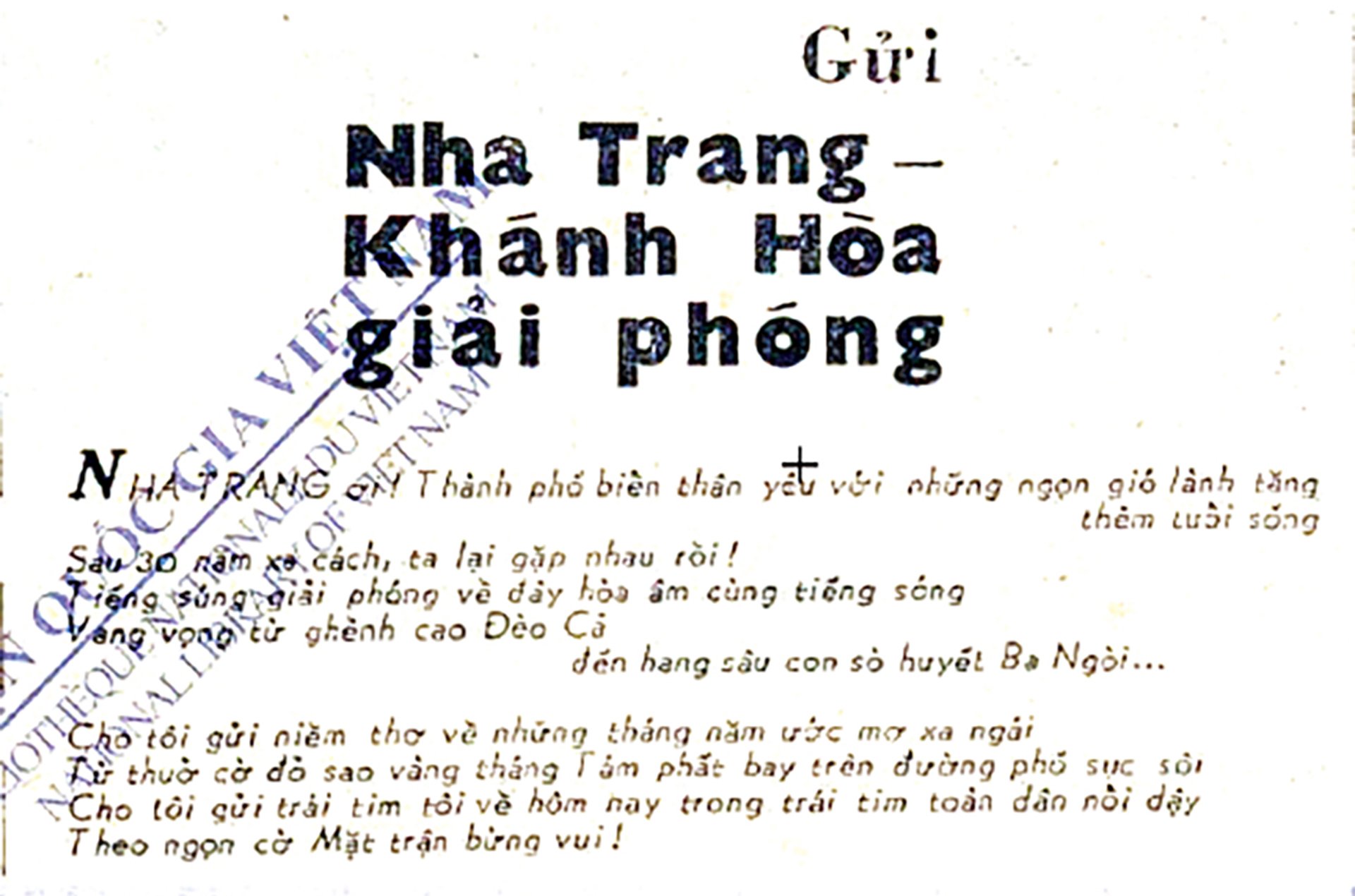














Comment (0)